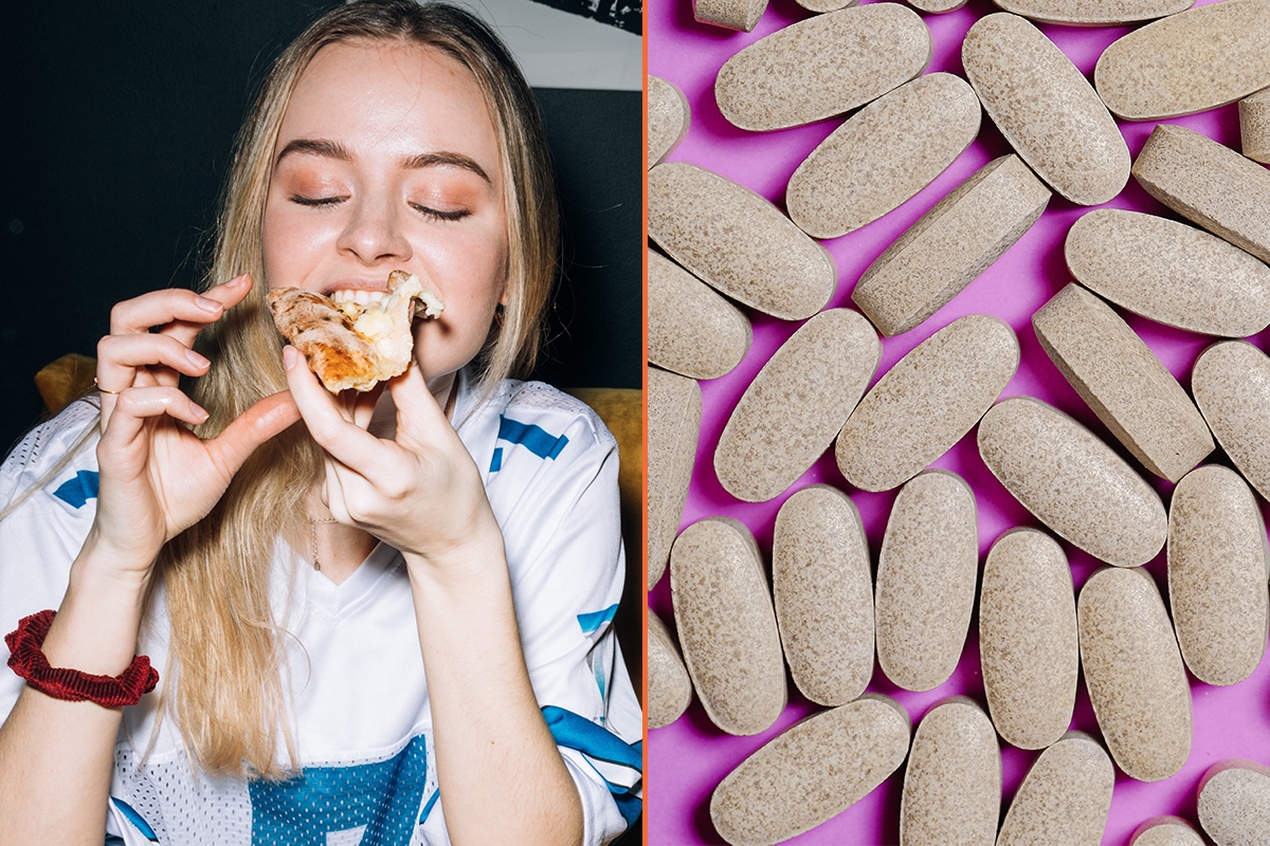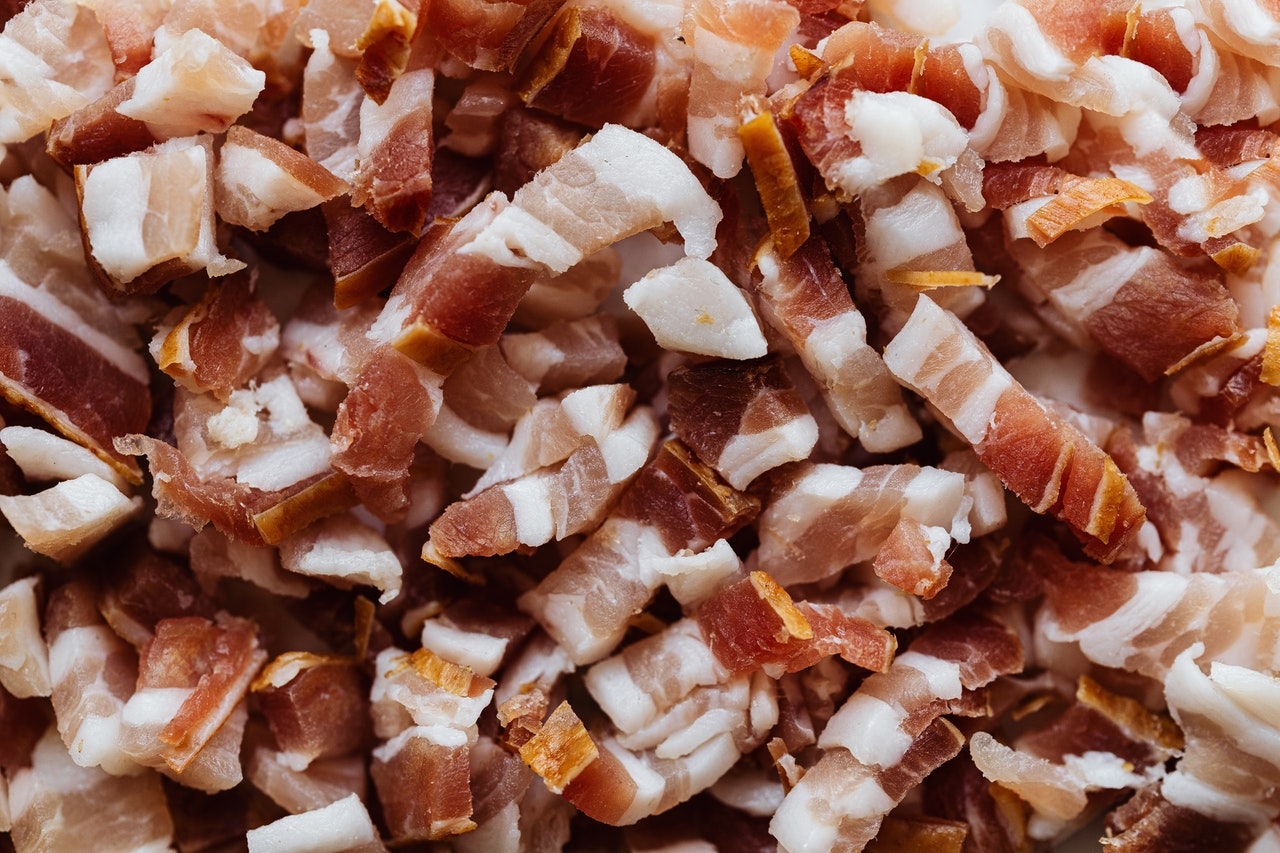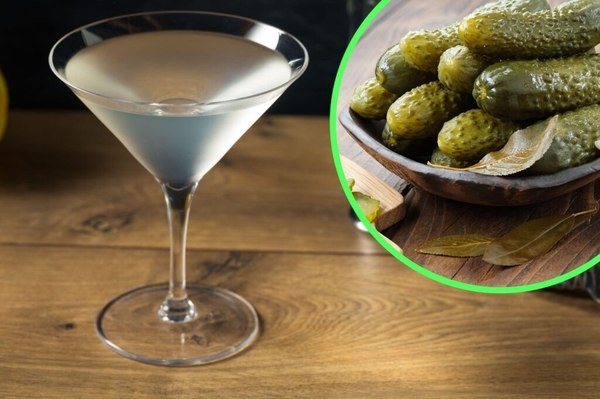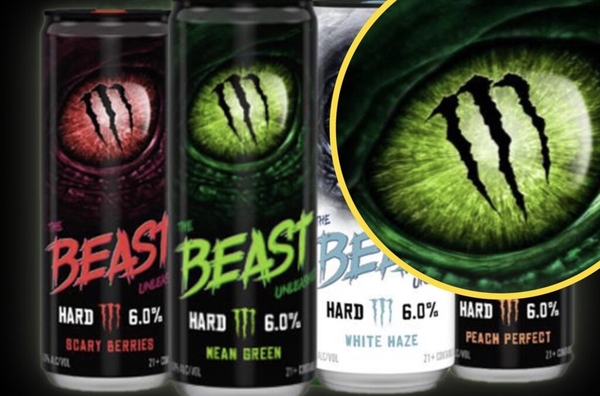Drugs in food – what the food industry doesn’t tell you about your dinner
15 Dec 2020
4m

Drugs in food are becoming increasingly more common.
The food industry is big business. In a global marketplace with incessant demands for affordable produce, our agriculture has become both modernised and mechanised.
Our dinner is less about what’s natural and more about what’s profitable.
The demands of consumers have forced farmers to prioritise speed, efficiency and size over flavour and nutrition. The introduction of antibiotics has helped farmers everywhere tick all of these boxes.
 What isn’t the industry telling you about your dinner? (Credit: Alamy/Anna Berkut)
What isn’t the industry telling you about your dinner? (Credit: Alamy/Anna Berkut)
Are there drugs in food?
Pharmaceutical companies have successfully engineered products to assist with all manner of farming issues – including the prevention of the spread of disease.
This allows huge numbers of livestock to be raised with minimal space requirements. Due to this, more animals are able to make it to slaughter without perishing.
READ MORE: 7 shocking and bizarre food phobias
So good news for both farmers and those who enjoy readily available meat.
Other drugs however are potentially more alarming – growth hormones.
 Some drugs could be doing us more damage than we realise (Credit: Pexels)
Some drugs could be doing us more damage than we realise (Credit: Pexels)
Why do farmers use drugs in food?
Relatively common in most inorganic meat and dairy products, livestock administered with growth hormones reaches “slaughter weight” quicker than those that are left alone. This allows farmers to raise more animals and theoretically make more profit.
Coupled with the disease-preventing attributes of other drugs, the economic argument for farming this way is pretty compelling.
READ MORE: 8 surprising foods that are bad for your teeth
The use of pharmaceuticals in our farms has, at least on the surface, been good news for consumers as well as businesses.
As farmers have been able to increase their productivity, meat has become cheaper than ever before.
Until the introduction of drugs, meat remained a relatively expensive luxury for many people.
The dramatic increase in productivity during the 20th century introduced meat to the masses. This helped it become the integral part of our culinary landscape that it is today.
Are drugs in food harmful?
For many years, these tangible, clearly visible positives restricted the discussion around the potential drawbacks of drugs in our food.
Businesses were happy with bigger profits and consumers were happy with affordable meat. As time has moved on, however, the tenor of the conversation has begun to change.
Research shows that some drugs have an adverse effect on animals and people. And sadly, it seems the industry as a whole cannot be trusted to operate within the bounds of the law.
Theoretically, potentially harmful drugs and antibiotics present in meat and dairy products should be barely traceable by the time it reaches the dinner table. However, in many cases, farmers are pushing the boundaries in an attempt to increase productivity.
In 2016, random FDA testing in Michigan revealed that some beef was being sold as safe despite being contaminated with over 13 times the legal limit of a restricted anti-inflammatory drug.
This example is not an isolated incident. Meat and other products contaminated in such a way clearly pose a potential health hazard to consumers everywhere.
While the idea of drugs in food is far from palatable, perhaps the most significant consequence of antibiotic use in farming is more subtle. In many cases, farmers are pre-emptively striking against disease by pumping livestock full of the most effective preventative antibiotics currently available.
This is a particular problem in economies such as China, where demand for meat has skyrocketed in recent years. The result is that we are inadvertently helping to foster drug-resistant “superbugs” in our livestock.
Should these new diseases become transmitted to the human population, the overuse of drugs in our food will have left us totally defenceless. This scenario is a ticking time-bomb and has experts seriously concerned.
 Drugs in food are becoming increasingly more common (Credit: Pexels)
Drugs in food are becoming increasingly more common (Credit: Pexels)
Move to sustainable food?
Though this situation paints a pretty bleak picture for the future of farming, our current predicament is still salvageable.
Research suggests that a move towards more sustainable, organic farming practices will have positive effects for both livestock and consumers. Free-range produce consistently outshines factory farmed rivals in taste tests. Meanwhile, other studies have shown that animal psychology can have a huge impact on the quality of produce.
READ MORE: 7 causes for loss and changes in taste
Although such techniques may not be as efficient as more mechanised approaches, it’s clear we need to rethink our attitudes if we’re to avoid a major health crisis.
Though agriculture is a huge industry, it is worth remembering that, ultimately, it is consumers who hold the power.
Unfortunately, it seems that our love of plentiful and freely available animal products simply isn’t sustainable.


